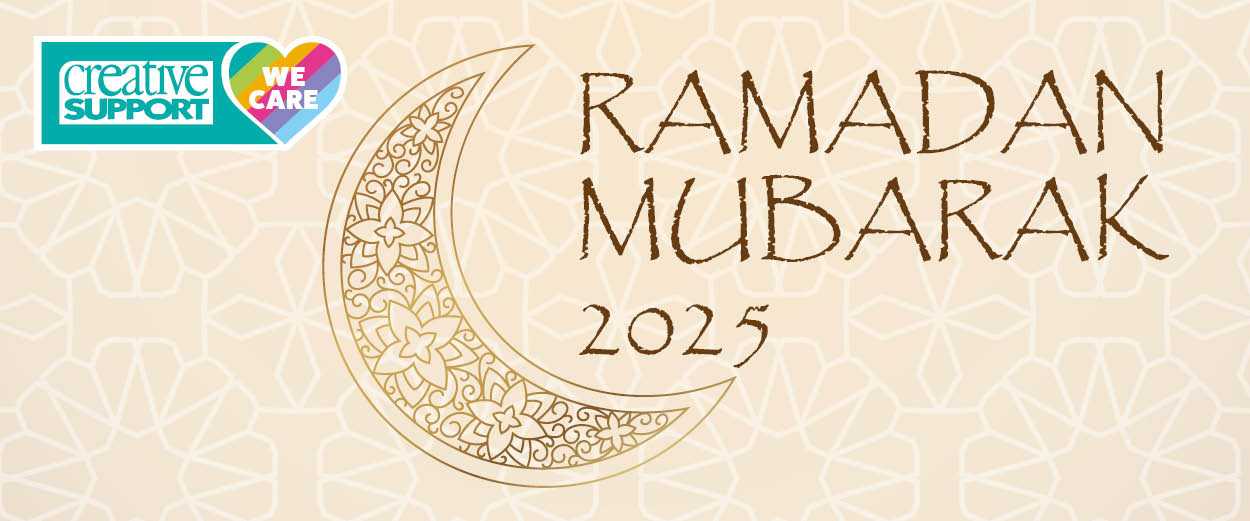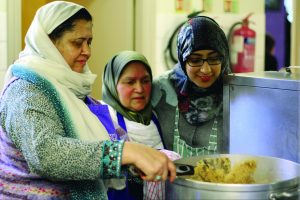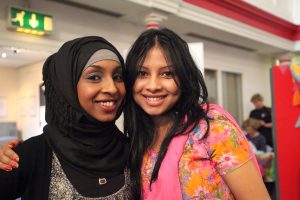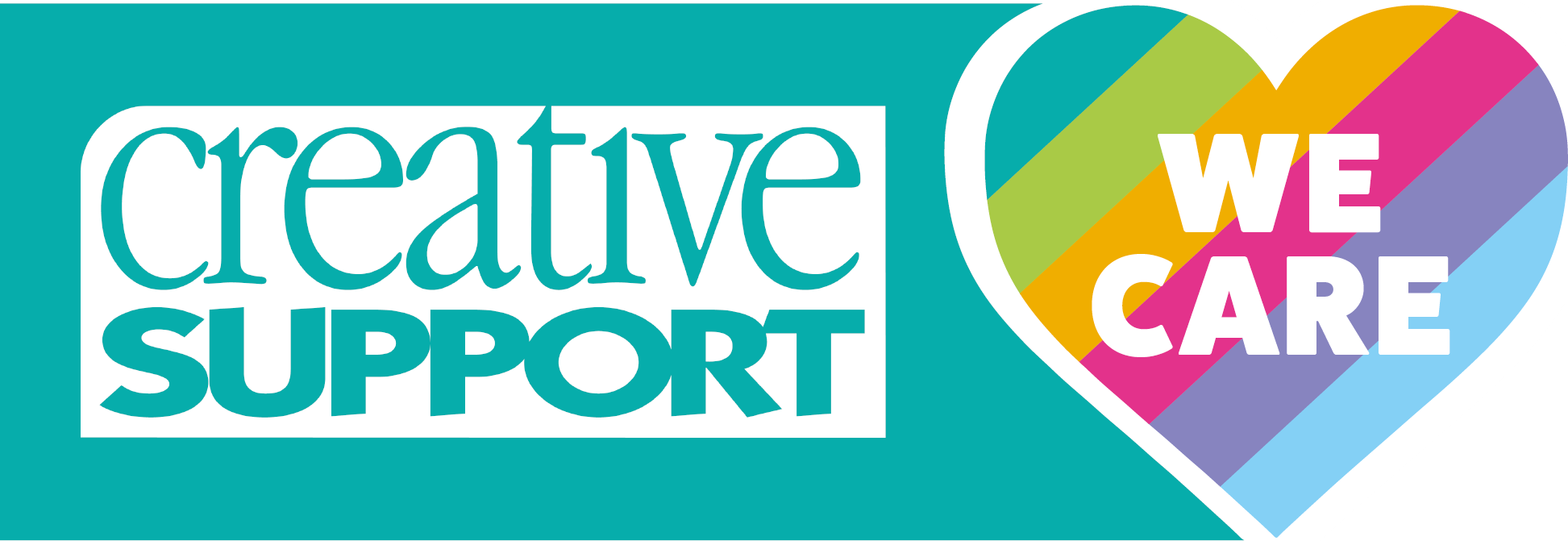Ramadan Guidance

Ramadan is the ninth month of the Islamic calendar and is considered by Muslims as one of the most spiritual times of the year. A central part of Ramadan is fasting – consuming no food or drink (including water) between sunrise and sunset on each day of the month. Fasting is one of the five pillars of Islam, and is a time to practice patience, introspection and self-restraint. Through fasting, Muslims deepen their devotion and closeness to Allah.
This year, Ramadan is expected to begin on the evening of Friday 28th February.
Whether you or someone you know will be observing Ramadan this year, here are some things to consider to make it an enjoyable occasion:

Supporting your Colleagues
There are many ways that you can be supportive of your Muslim friends and colleagues during Ramadan.
Firstly, try not to make assumptions about who will and will not be fasting. Some people may not be able to fast for personal reasons or medical exemptions. Other people who do not always practice their faith throughout the year, may choose to fast. Choosing whether to fast is a personal decision, so avoid questioning why someone is or is not fasting.
Ramadan is celebrated by around 1.9 billion people worldwide and there is no one-size-fits-all. Traditions and celebrations differ between cultures and family to family. If you’re curious, it’s okay to ask sensitive questions, especially about what Ramadan means to people and their families. Many people will enjoy talking to you about their faith, but be understanding if not everyone wants to.
Before asking questions, ensure they are appropriate and considerate. Although well-intended, comments like “not even water?” or expressing pity can come across as microaggressions and be hurtful to people.
Be considerate when you’re eating during the workday. Try to eat your lunches in the kitchen or break rooms rather than the office, and keep food stored in the fridge or in cupboards where possible. Also, be mindful of how food is incorporated into your team meetings or celebrations, and be open to changing how you usually do things to accommodate those fasting.
If you’re a manager, be proactive in talking to your team before Ramadan begins. Ask if there are ways you can support them during the month, and offer as much flexibility as is reasonable for your service to make any adjustments. It can be challenging for people to talk about their religion with someone who has different beliefs to them, so be empathetic and open to learning and understanding.
You can greet and congratulate your Muslim colleagues on the arrival of Ramadan by saying “Ramadan Mubarak” or “Ramadan Kareem“! The end of Ramadan is marked by Eid al-Fitr, and Muslims often celebrate this through prayer, gifts, traditional food and time spent with loved ones. Eid al-Fitr is expected to take place around the 30th of March, however this will vary depending on when the moon is sighted. You can say “Eid Mubarak!” to greet and celebrate Muslim colleagues during this time.

Looking After Yourself
If you’ll be fasting during Ramadan, it’s important to take care yourself as best you can throughout the month. Things like getting enough sleep, drinking plenty of water when you can and eating balanced meals at Iftar can all help. Like many occasions for celebration, Ramadan can be a beautiful time for connection with family, friends and community, however for some this may also be a difficult time and can leave those who are disconnected from their community feeling isolated. If you find Ramadan hard, there are services and resources available that can support you:
